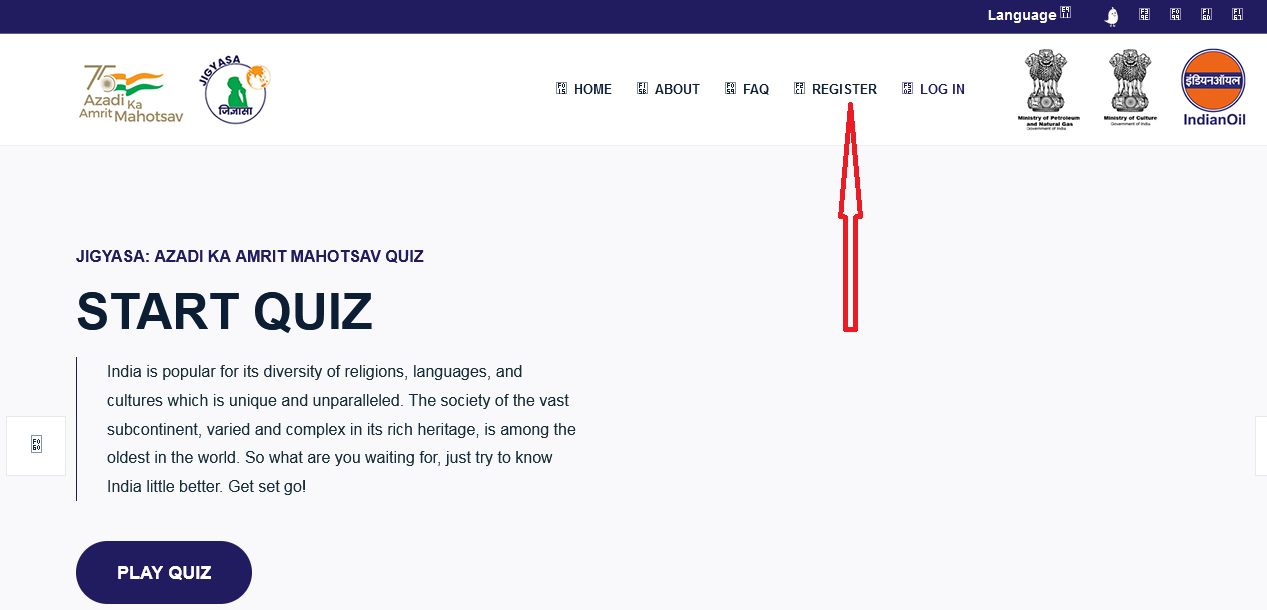List of All Attorney General for India after Independence (From 1950 to 2024)

An attorney general for India is the chief legal advisor to the Government of India. In simple words, we can say that he is the chief advocate that represents the Indian Government in the Supreme Court of India. On the advice of the Union Minister, the Attorney General for India is appointed by the President of India. Questions from the Attorney General of India List are often asked in various types of examination including UPSC, SSC, Railways, etc.
Please note that an attorney general should have been a judge of some high court for five years or an advocate of some high court for ten years or an eminent jurist in the opinion of the President. Hence, he must be a person qualified enough to be a judge of the Supreme Court. Go through this post to check the list of Attorney General for India.
List of Attorney General of India since Independence
Given below is the list of Attorneys General for India. We have also provided information about the term for which they have served. Apart from this, you can also check out the names of the prime minister for which they have worked.
- M. C. Setalvad (First Attorney General for India)
- Term – 28 January 1950 to 1 March 1963
- Incumbent Prime Minister – Jawaharlal Nehru
- C. K. Daphtary
- Term – 2 March 1963 to 30 October 1968
- Incumbent Prime Minister – Jawaharlal Nehru and Lal Bahadur Shastri
- Niren De
- Term – 1 November 1968 to 31 March 1977
- Incumbent Prime Minister – Indira Gandhi
- S. V. Gupte
- Term – 1 April 1977 to 8 August 1979
- Incumbent Prime Minister – Morarji Desai
- L. N. Sinha
- Term – 9 August 1979 to 8 August 1983
- Incumbent Prime Minister – Indira Gandhi
- K. Parasaran
- Term – 9 August 1983 to 8 December 1989
- Incumbent Prime Minister – Indira Gandhi and Rajiv Gandhi
- Soli Sorabjee
- Term – 9 December 1989 to 2 December 1990
- Incumbent Prime Minister – V. P. Singh and Chandra Shekhar
- G. Ramaswamy
- Term – 3 December 1990 to 23 November 1992
- Incumbent Prime Minister – Chandra Shekhar and P. V. Narasimha Rao
- Milon K. Banerji
- Term – 21 November 1992 to 8 July 1996
- Incumbent Prime Minister – P. V. Narasimha Rao
- Ashok Desai
- Term – 9 July 1996 to 6 April 1998
- Incumbent Prime Minister – H. D. Devegowda and Inder Kumar Gujral
- Soli Sorabjee
- Term – 7 April 1998 to 4 June 2004
- Incumbent Prime Minister – Atal Bihari Vajpayee
- Milon K. Banerji
- Term – 5 June 2004 to 7 June 2009
- Incumbent Prime Minister – Manmohan Singh
- Goolam Essaji Vahanvati
- Term – 8 June 2009 to 11 June 2014
- Incumbent Prime Minister – Manmohan Singh
- Mukul Rohatgi
- Term – 19 June 2014 to 18 June 2017
- Incumbent Prime Minister – Narendra Modi
- K.K. Venugopal
- Term – 1 July 2017 to 30 September 2022
- Incumbent Prime Minister – Narendra Modi
16. R. Venkataramani
- Term – 1 October 2022 to (date will be updated)
- Incumbent Prime Minister – Narendra Modi
Check: GK questions with answers
Fees of Attorney General for India and Allowances Payable
The amount of fees that an attorney general for India gets for every public appearance and other work is given in the table below.
| Nomenclature of the item of work | Rates of fees payable for appearance and other work |
| Suits, writ petitions, appeals, and references under article 143 | Rs. 16,000/- per case per day |
| Special leave petitions and other applications | Rs. 5,000/- per case per day |
| Settling pleadings (including affidavits) | Rs. 5,000/- per case per day |
| Settling Statement of Case | Rs. 6,000/- per case per day |
| For granting opinions in statements of cases sent by the Ministry of Law | Rs. 10,000/- per case per day |
| For written submission before the Supreme Court, High Court, and Commissions of Inquiry or Tribunals and the like | Rs. 10,000/- per case per day |
| Appearance in Courts outside Delhi | Rs. 40,000/- per case per day |
In addition to the fee payable for cases, a retainer fee is paid to the attorney general for India as per the rates mentioned below.
- Attorney General for India – Rs. 50000/-
- Solicitor General for India – Rs. 40000/-
- Additional Solicitor General – Rs. 30000/-
Note: The attorney general for India is also paid a sumptuary allowance of Rs. 4,000 per month, except during the period of his leave.
Frequently Asked Questions
The list of primary duties, functions, and power of the Attorney General for India is given below.
The attorney general is necessary for advising the Government of India on legal matters referred to them.
He represents the government of India in any reference made by the president to the supreme court under Article 143 of the constitution.
He also has the right to audience or witness the proceeding of the supreme court.
You should note that the Attorney General (AG) is not a government servant and is not debarred from private legal practice.
The first attorney general for India was M. C. Setalvad.
The president of India on advice of the Union Cabinet appoints the Attorney General for India.
R. Venkataramani
The Attorney General for India can be removed by the President at any time.




